5 expert tips to make your home more energy efficient
From installing solar panels to getting techy, investing now will save money in the long-term. By Sam Wylie-Harris.
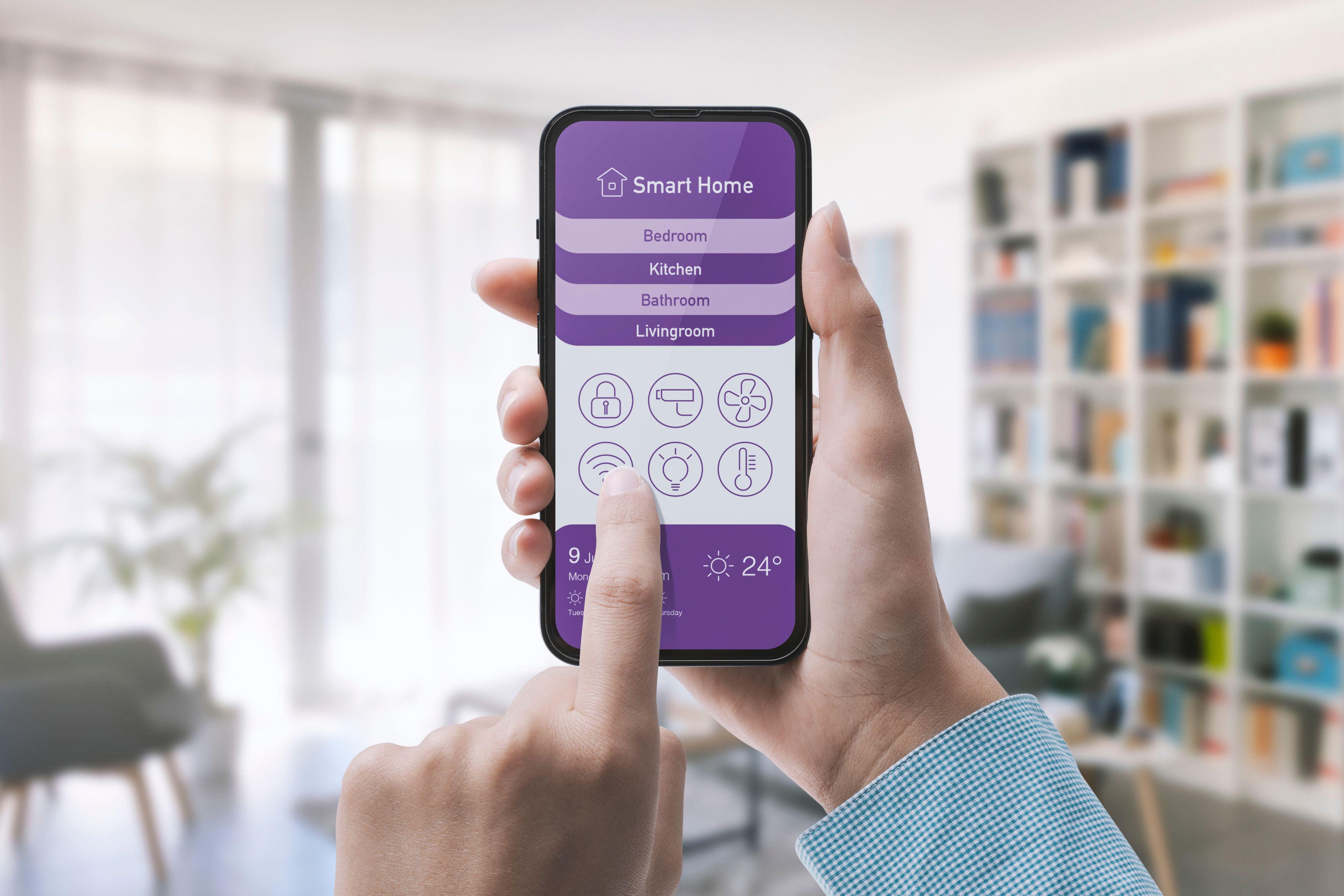
Your support helps us to tell the story
From reproductive rights to climate change to Big Tech, The Independent is on the ground when the story is developing. Whether it's investigating the financials of Elon Musk's pro-Trump PAC or producing our latest documentary, 'The A Word', which shines a light on the American women fighting for reproductive rights, we know how important it is to parse out the facts from the messaging.
At such a critical moment in US history, we need reporters on the ground. Your donation allows us to keep sending journalists to speak to both sides of the story.
The Independent is trusted by Americans across the entire political spectrum. And unlike many other quality news outlets, we choose not to lock Americans out of our reporting and analysis with paywalls. We believe quality journalism should be available to everyone, paid for by those who can afford it.
Your support makes all the difference.With a focus on reducing climate change and using less energy for a healthy planet, being more energy efficient at home can make a difference when it comes to carbon emissions – and cost saving.
“While we have, finally, seen gas and electric prices begin to come down, the higher standing charge still means rates remain high, even for very light users,” highlights Chris Sadler, founder of renewable energy specialist, Kimble Solar.
“The real key to making your home more energy efficient is to make lots of little changes – and at least one big one that has multiple benefits.”
To reduce your carbon footprint and household bills, Sadler explains why now is the right time to make some key changes…
1. Install aerators
Adding aerators to your taps can help you save a ton of water every month (literally 1,000+ litres), reveals Sadler.
“The simple device, which fits neatly into the end of your kitchen and bathroom taps, helps reduce the amount of water you use – which in turn also helps reduce the amount of energy needed to heat it.”
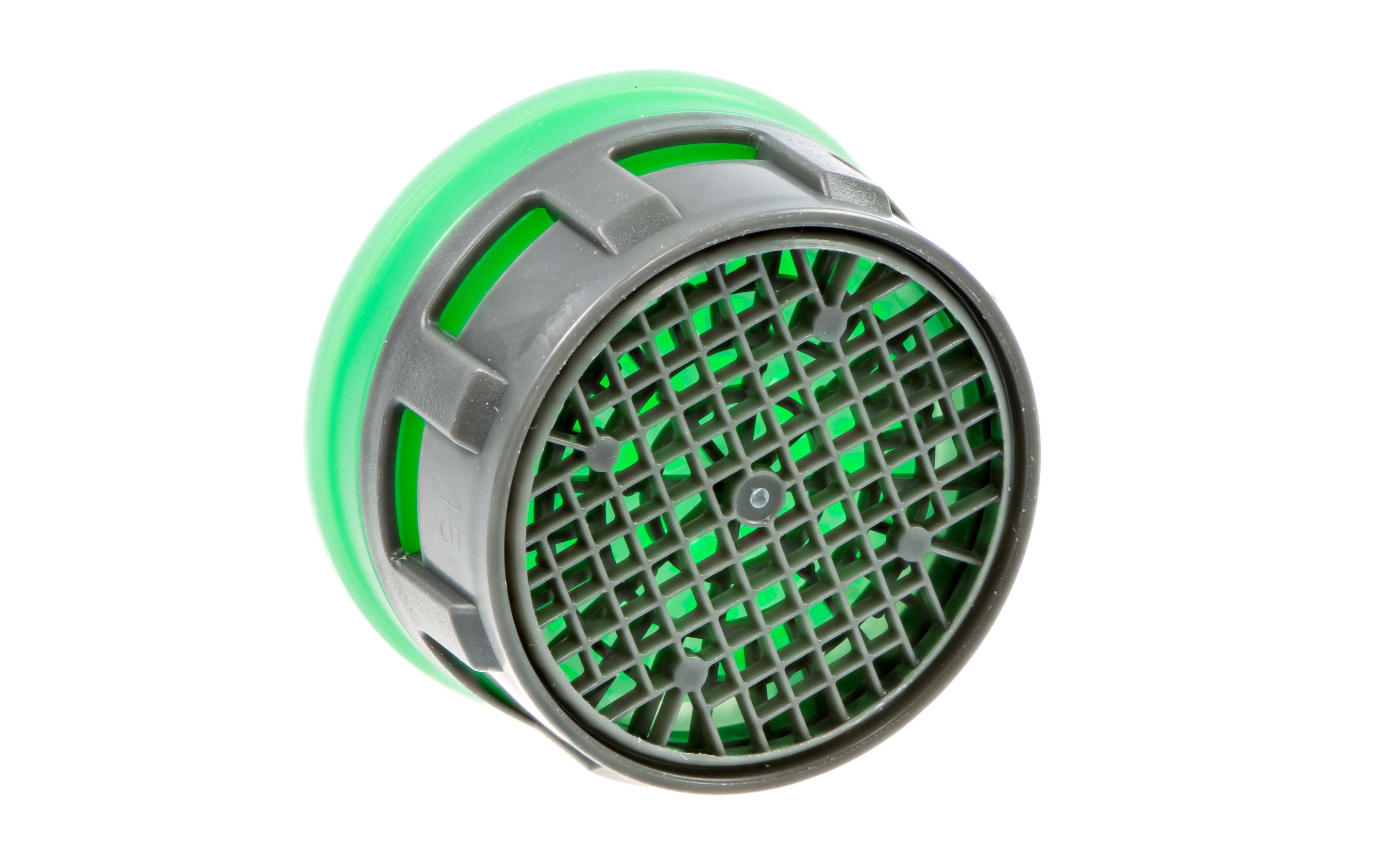
Aerators also only cost a few pounds, underlines Sadler, meaning they’re one of the cheapest ways of saving water… and energy.
“They’re also really simple to install, they simply screw into your existing taps.
“While new modern waterfall-style bathroom taps won’t work with aerators, traditional taps will, so it’s well worth checking if any or all of your taps are compatible,” he adds.
2. Install solar panels
Yes, installing solar comes with an initial investment, notes Sadler, but you can start to see financial returns in as little as three years.
“If you’re in your forever home or plan on staying put for a few years, the cost savings you’ll accumulate will be substantial.
“You’ll also significantly reduce your household carbon emissions by drawing less electricity from the grid, meaning you’ll become more energy efficient,” says Sadler.
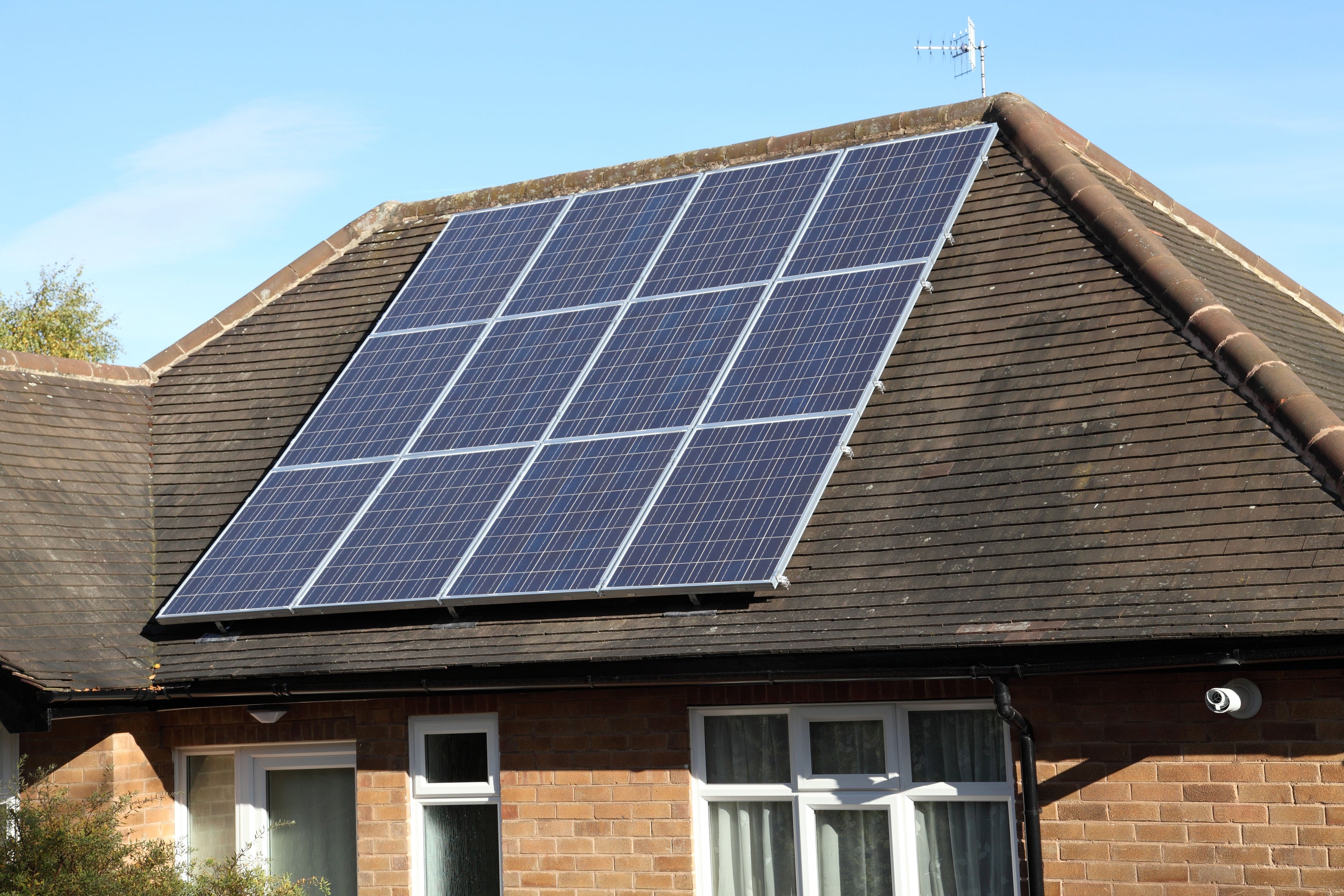
Adding battery storage will also allow you to store energy from the day, to use at night, advises Sadler. “Perfect for when the household is out at school and work during the day, then busy washing, cooking and bathing in the evening.”
A typical solar installation with 12 panels and 5kWh of battery storage will cost around £10,000 and take two days to install, says Sadler.
“Not only will the solar installation reduce your energy bills, but you’ll have the extra added bonus of being able to sell any extra unused electricity back to the grid, often up to 15p per kWh.”
3. Lower the temperature
While we’re still meant to be in summer now, as Sadler points out, we’ll soon be putting our heating on – and many of us will have already been turning it on throughout the so-called British summer.
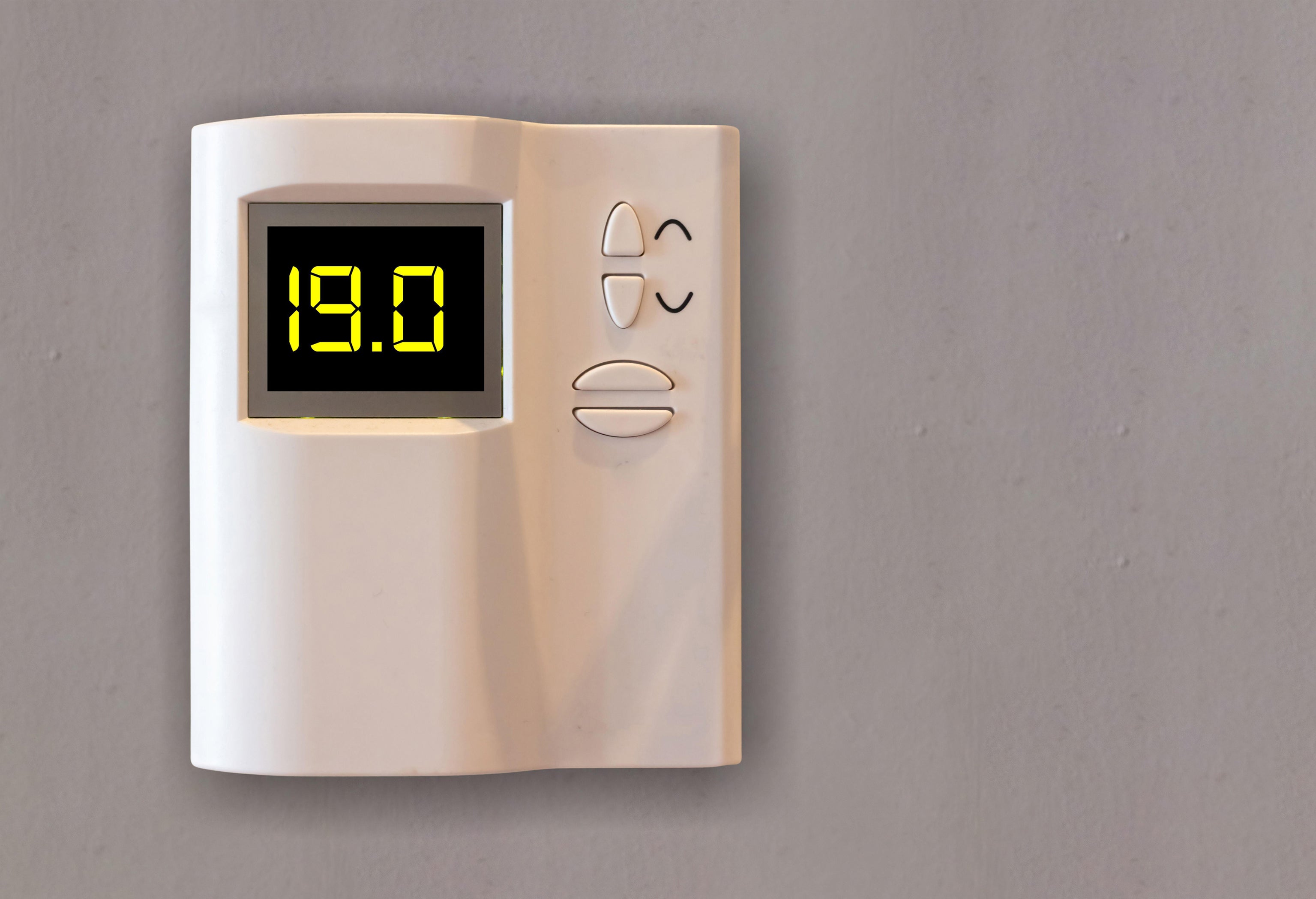
“Start as you mean to go on and drop your thermostat by two degrees and more when you leave your home.
“If you can regularly drop the temperature down by 10 to 15 degrees before you leave home for around eight hours, you can save 5 to 15% a year on your heating bills, which adds up quickly.”
Not only will you be saving money, but you’ll also be saving energy, says Sadler. “Plus, if you have solar installed, your electric bill will be minimal; therefore making your gas bill much more manageable.”
4. Get techie
Smart tech can really help make your home be more energy efficient…
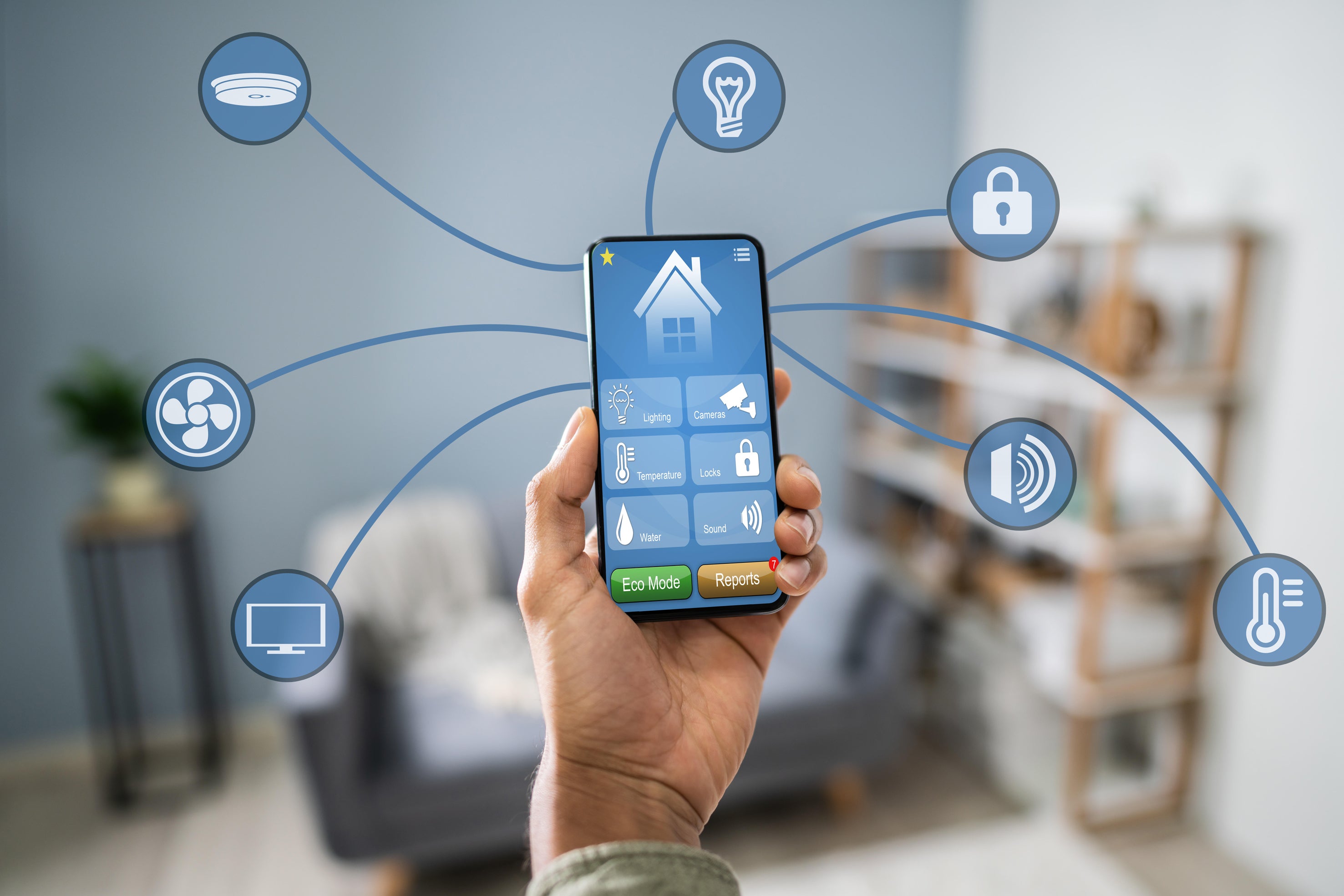
Sadler says, “From being able to control your heating away from home, helping to maintain the right level on your thermostat, and adjusting it as the weather changes, through to controlling the lighting and making sure the bathroom light isn’t left on once you’ve left for work.
“If you have battery storage then there is a new wave of smart tech launching this year that uses AI to predict your energy usage – and optimises your battery to effectively buy and sell energy at the most efficient times.”
He says smart meters also help you see how much energy you’re using, and when.
If you can use this information, you can make smart decisions of when to do certain tasks, notes Sadler.
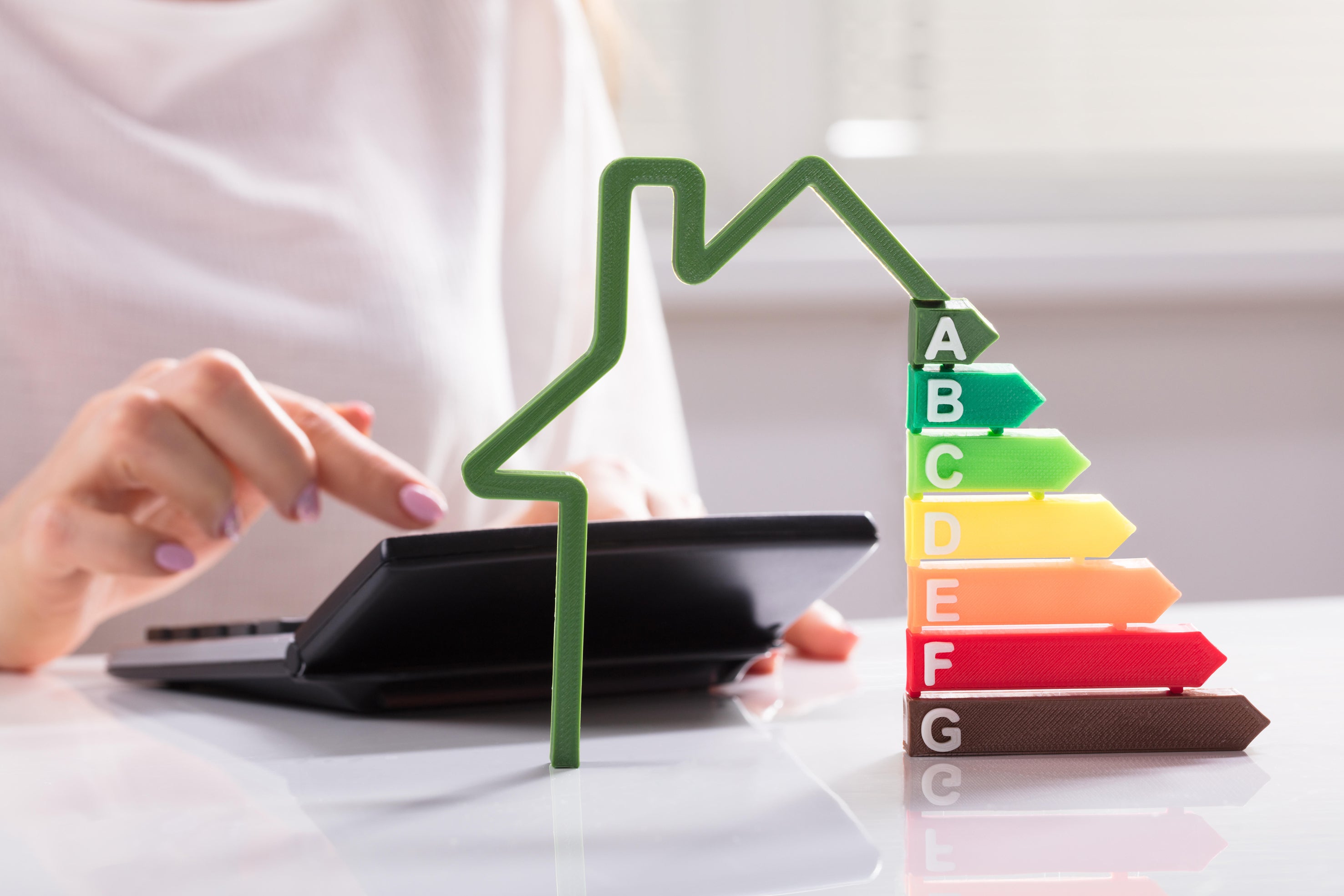
“It’s worth checking if your energy supplier offers favourable time-of-day rates. Then, for example, you can shift your energy usage to night-time when it’s cheaper, [such as] using timer functions on your dishwasher and washing machine, so they run overnight to reduce your energy costs.”
5. Insulate
Insulating your home properly is one of the best ways to ensure you become more energy efficient, stresses Sadler.
“You’ll keep all the warmth created by your heating in, and you won’t lose anything.
“Insulating your loft will really help to make you more energy efficient, but simple steps like adding reflective barriers behind radiators will ensure the heat is making its way back into the room – and not out of the brickwork.”
Using draft excluders around doors and even hanging a curtain across the door will help keep drafts away, says Sadler, and your home warm.
“The more we can all do to become more eco-efficient in our homes, the less carbon we’ll emit into the atmosphere, making for a cleaner world for all of us,” he finishes.